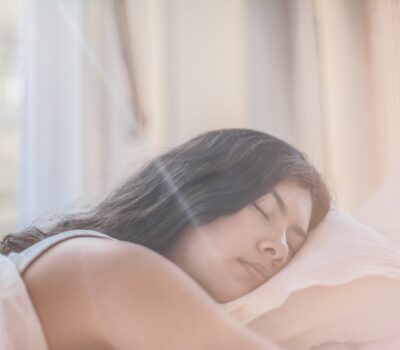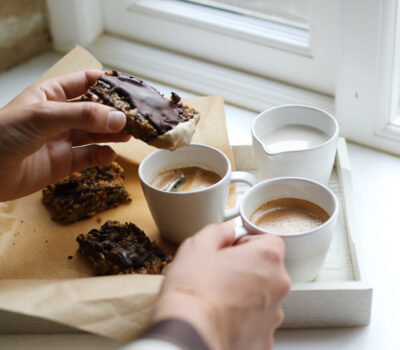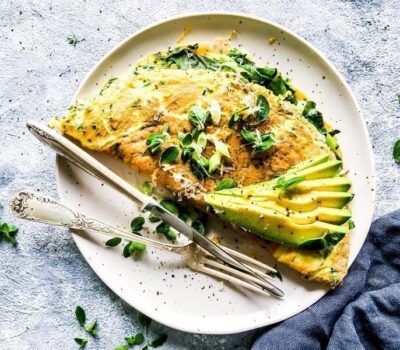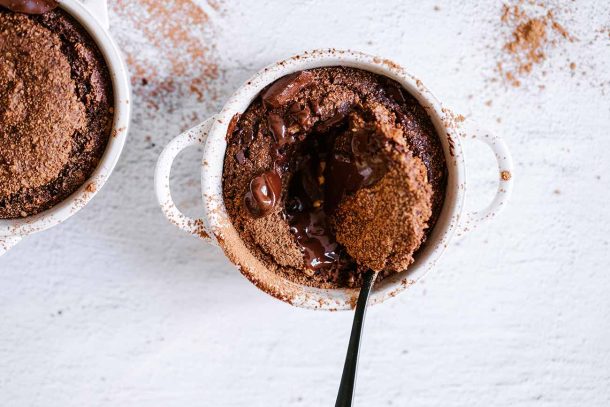Resilience building is a critical objective of coaching and a valued trait in the workplace. Paradoxically though, we live in a society which largely promotes the antithesis of resilience.
That is, we are subtly programmed that we do not need to endure any kind of discomfort, and we reinforce this is many aspects of our lives, whether it be parenting, teaching or medically.
Lack of resilience can reduce our immunity to illness, cripple us with anxiety and leave us susceptible to addictions as we search for ways to instantly alleviate uncomfortable feelings. As the result is often impulsive, reactive and automatic behaviour, further cognitive dissonance often ensues as these behaviours may be in conflict with our values. We are not taught to stay with those feelings and allow other information to surface, helping us to make more effective decisions.
For example, on a physical level, it’s been well documented that antibiotics are administered too readily, ultimately reducing our bodies’ innate ability to fight infection, thus reducing our physical resilience. We are quick to reach for an analgesic at the least sign of a headache (often placing strain on the liver and leading to further headaches) and any kind of emotional pain should be dispelled immediately by anti-depressant medication, blunting our experience (often thwarting the opportunity to build emotional resilience) and insomnia is often resolved by a script for benzodiazepines, rather than persevering with learning tools to help us achieve restorative sleep. There are, of course, occasions when these medications may be required. However, it is disempowering in the extreme for these to be the first option.
Similarly, recent times have seen drastic changes in the education system, where even the use of red pen is banned in some instances because it is a ‘negative colour’ and may damage the child. There are situations where every child must receive an award, discouraging any kind of competition and motivation to strive, creating a kind of bland equality and extinguishing opportunities to shine and celebrate in others’ achievements as well as our own. Then, later in the education system, we introduce highly competitive exams and wonder why the kids are not coping with the stress. Meanwhile, rather than viewing feedback as an opportunity to improve, parents are increasingly reluctant to receive any feedback about their child that they regard as critical.
We appear to have moved from one unacceptable situation to another, a case of the pendulum swinging too far. That is, there has been a dramatic shift from unconscionable punishment, crushing confidence and autonomy to an unrealistic fear of damaging the fragility of self in the child by allowing self expression at any cost, including sacrificing one of the most important skills we can learn, i.e. emotional resilience and self regulation. Parents’ understandable desire to protect their children, coupled with anxiety around the possibility of them being hurt physically or emotionally, can be over-played, often described as ‘helicopter parenting’. The children feel and absorb parents’ anxiety and do not learn resilience.
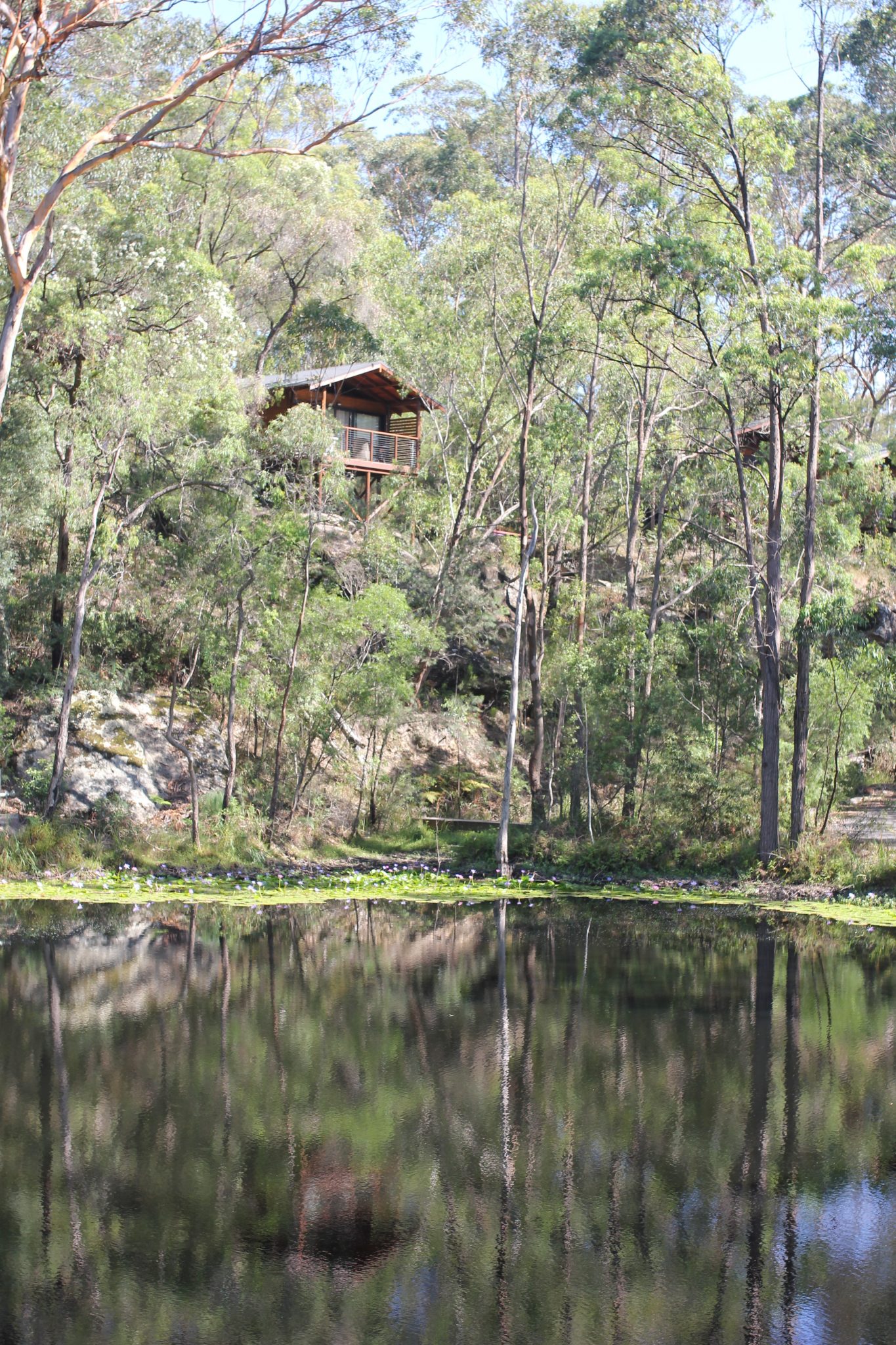
On the subject of nature versus nurture, science continues to search for biochemical explanations as to why some people appear more resilient than others. One of the most researched biological markers of resilience to stress is neuropeptide Y, an amygdala-mediated peptide. I remember being at a conference where this was discussed, creating great interest amongst the many psychologists present, who were asking whether this was a substance that could be taken to augment natural production. Whilst studies do appear to be underway to find a pharmaceutical way to enhance such peptidergic pathways for those with conditions such as Post Traumatic Stress Disorder (PTSD), there may be other ways we can increase levels of this substance, taking a broader, more holistic approach. This means combining a nourishing diet, to ensure enough ‘raw materials’ are available to create such peptides (since all peptides are sequences of amino acids, requiring various other nutrients in the biochemical process); and adopting practices such as mindfulness to strengthen resilience and create more adaptive behaviours through rewiring the neural pathways.
Anatomically, a structure in the brain, called the insula, is also a marker of resilience. That is, this structure is generally thinner in those with higher anxiety levels and thicker in those who engage in such practices as mindfulness/or and meditation.
So, what can we do to enhance our own resilience? Whilst meditation is very beneficial and recommended, it is not realistic for everybody. A few simple practices that can be incorporated into our lives include:
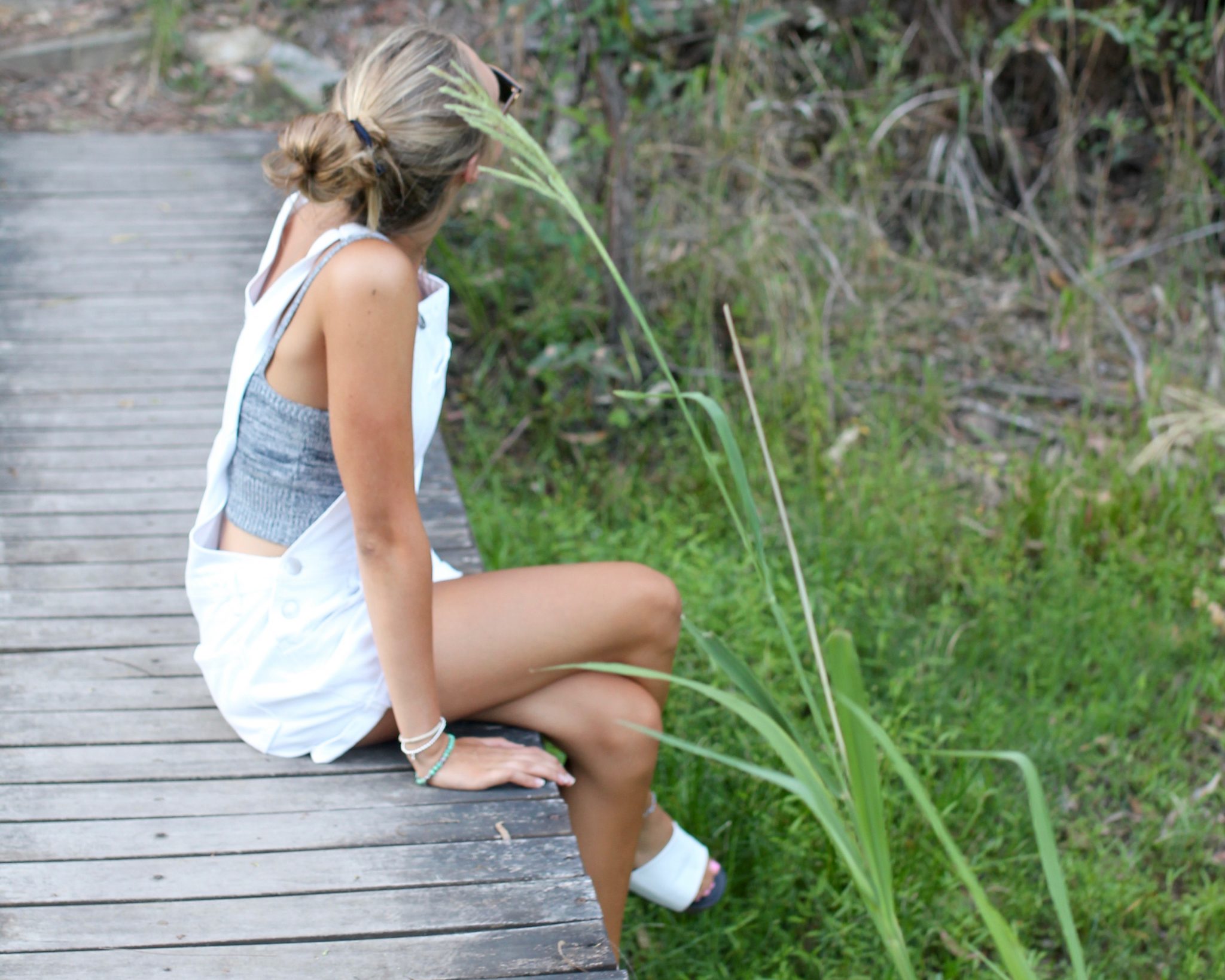
- Introduce Mindfulness (a state of being fully engaged in the present moment). Find times in the day to stop and notice surroundings, sounds etc.; choose a daily activity and attend to that activity fully, for example teeth cleaning, getting dressed.
- Don’t forget to breathe. When stressed our breath can become shallow. Check in and do a few minutes of conscious breathing (doesn’t have to be deep) to be more connected with the body. This simple action can calm instantly, stimulates the lymph system and triggers dopamine release.
- Remember our cortex (thinking brain) is not functioning to its capacity when we are stressed, so taking a moment to consciously breathe, or a bit longer to go for a walk, will ultimately result in more satisfying outcomes.
- Become an observer of self, reflect on behaviours and notice when they are automatic.
- Seek support when overwhelmed, or ideally, before reaching overwhelm.
- Support physical health by nourishing the body and brain with nutritious food, exercise, fresh air and plenty of clean, filtered water.
- Eat when relaxed. Eating while stressed means that there is over-arousal of the sympathetic nervous system, causing significant impairment to digestion.
- Develop good sleep hygiene, essential for repair of nervous system as well as all aspects of physical health.
- Identify resources, that is anything that is restorative and nurturing for you, and ensure you allow this restoration for yourself to prevent depletion and burnout.
- Develop awareness to identify when resources are being overused, e.g. exercise.
- Entrenched patterns may require help of a therapist, coach or somatic experiencing practitioner, to restore balance to the nervous system and facilitate building new neural pathways.
Being resilient doesn’t mean we become insensitive, it also doesn’t mean we don’t get sick, don’t experience grief, adversity, set backs and disappointments, or any other form of stress. Unfortunately we can never make our lives tragedy or stress proof. It simply means we learn to recover, rebuild and thrive.



